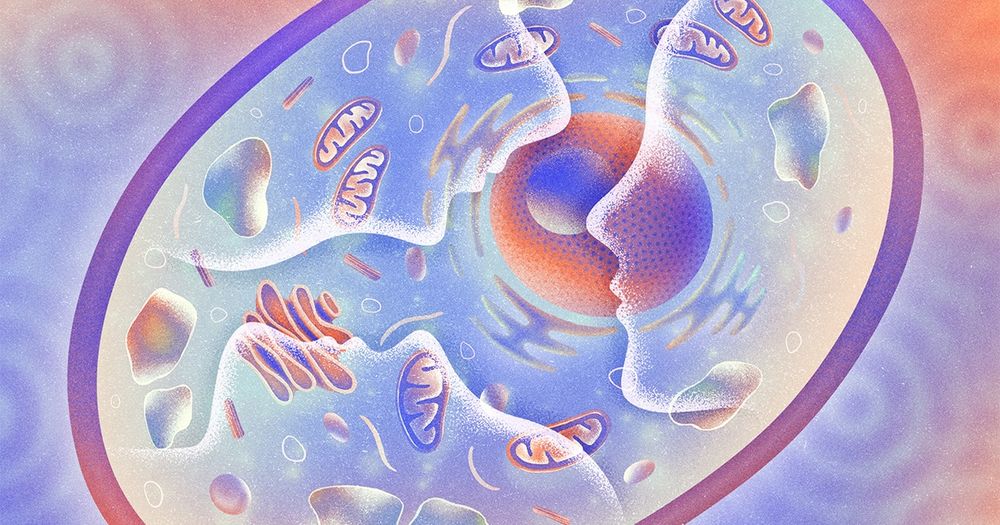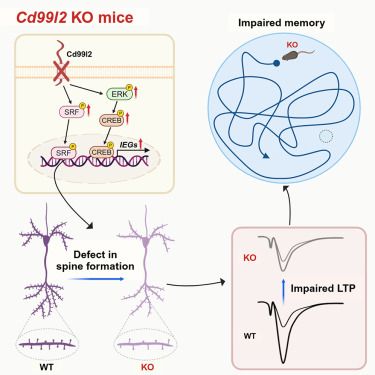Nikolay Kukushkin
@niko-kukushkin.bsky.social
400 followers
1.2K following
110 posts
Neuroscientist, author, teacher. Time patterns in cellular memory ⌛️ Prof NYU Liberal Studies/Neural Science. Book upcoming 2025 (Prometheus US / Swift Press UK). Agent: JP Marshall. https://linktr.ee/nikolaykukushkin
Posts
Media
Videos
Starter Packs
Pinned
Reposted by Nikolay Kukushkin
Reposted by Nikolay Kukushkin
Claire L. Evans
@theuniverse.bsky.social
· Jul 30

What Can a Cell Remember? | Quanta Magazine
A small but enthusiastic group of neuroscientists is exhuming overlooked experiments and performing new ones to explore whether cells record past experiences — fundamentally challenging what memory is...
www.quantamagazine.org
Reposted by Nikolay Kukushkin
Yong-Seok Lee
@yongseoklee.bsky.social
· Jan 16

Cd99l2 regulates excitatory synapse development and restrains immediate-early gene activation
Cd99 molecule-like 2 (Cd99l2) is a type I transmembrane protein that plays a role in the transmigration of leukocytes across vascular endothelial cell…
www.sciencedirect.com


















